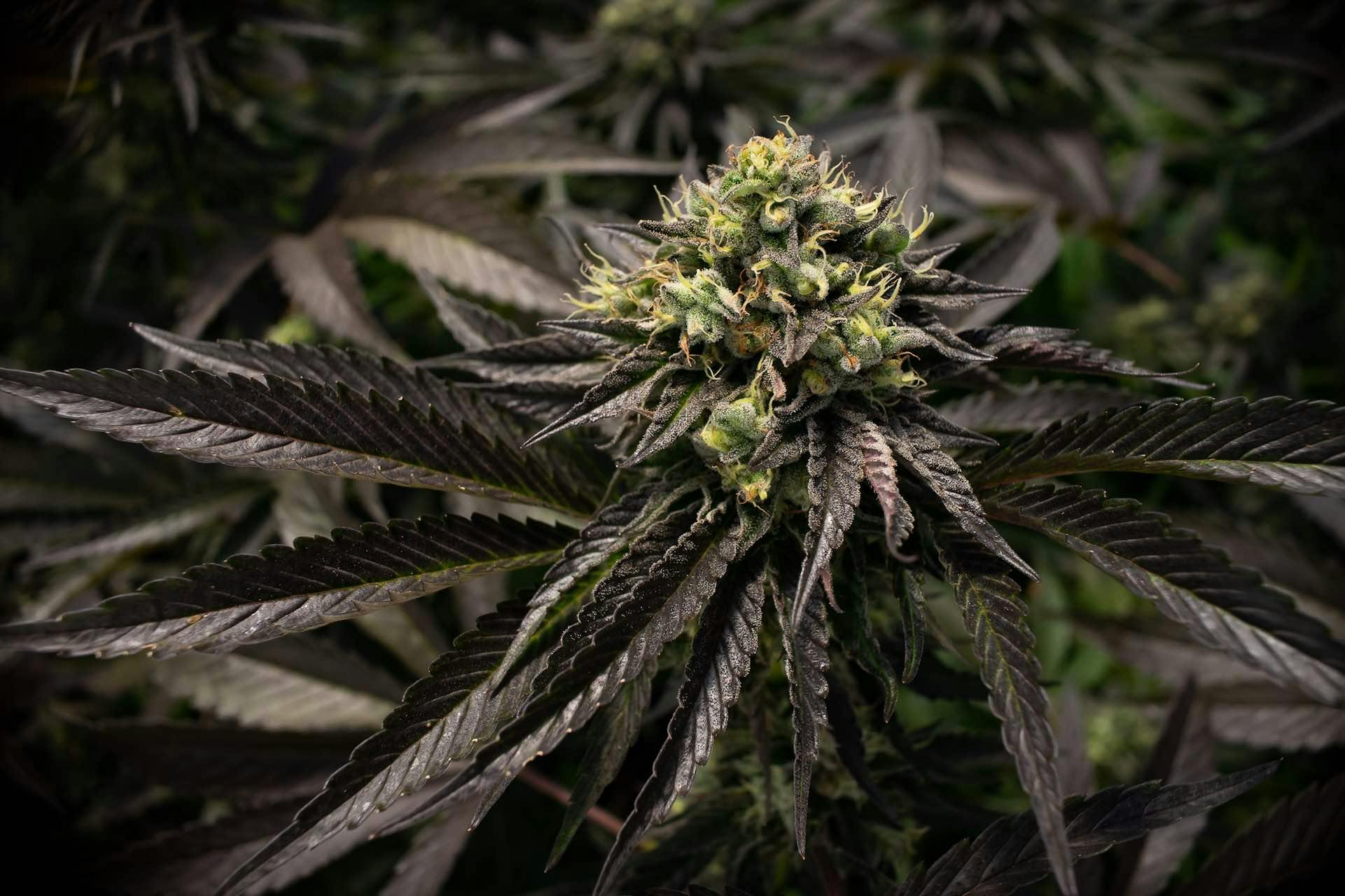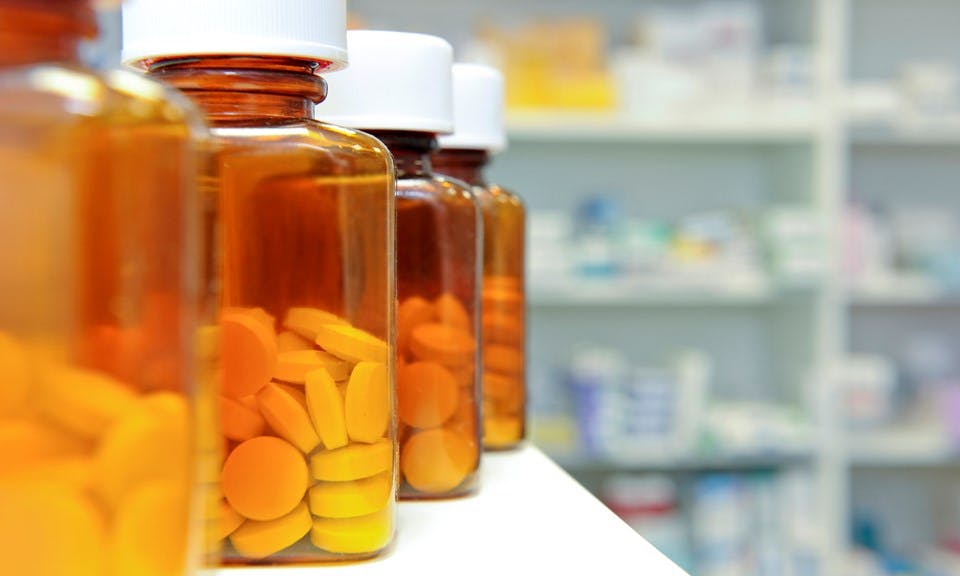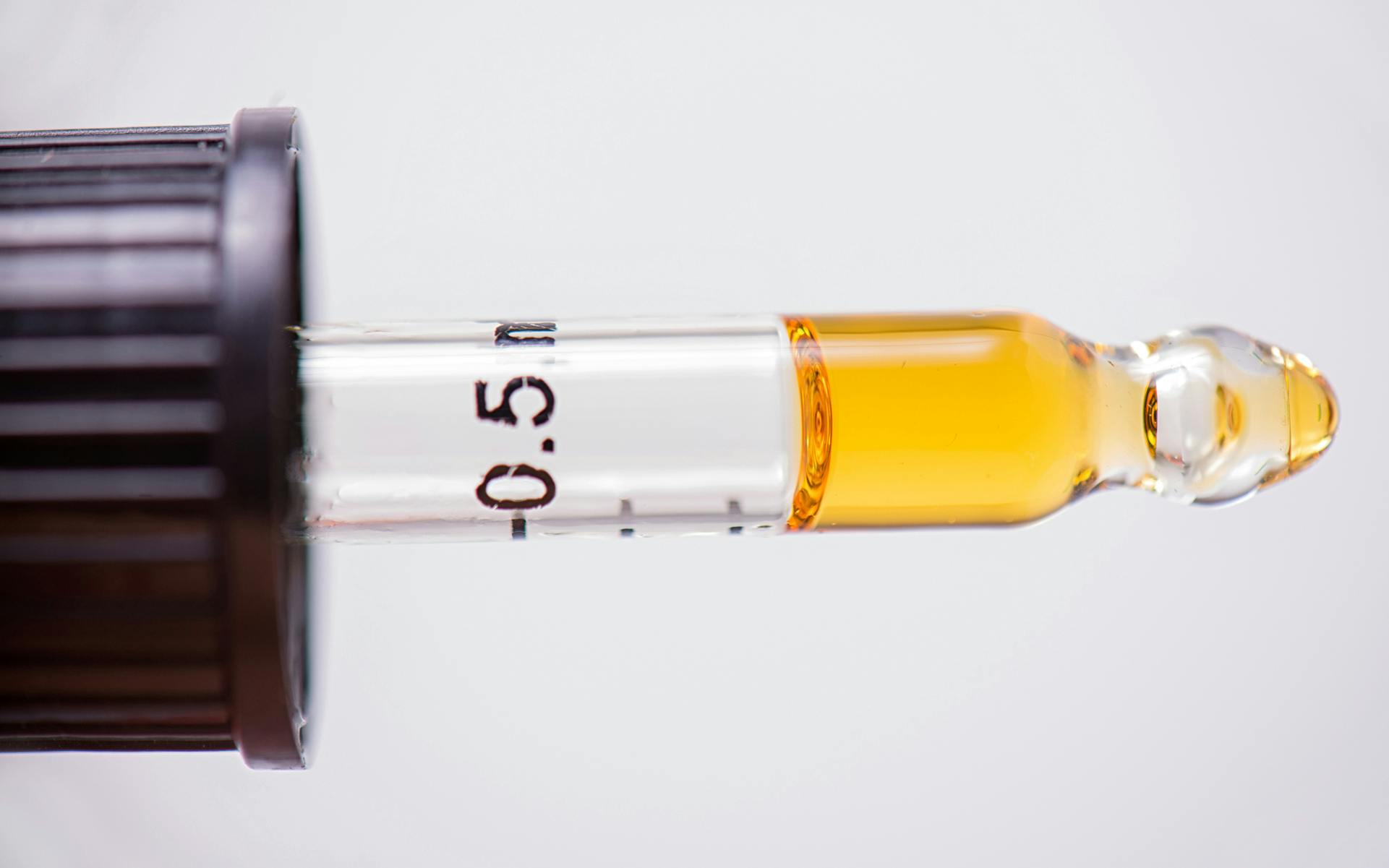Congratulations, Mississippi!
Initiative 65 has been approved by voters. Medical marijuana will become legal in Mississippi. Despite drastic efforts by Republican legislators to confuse voters by offering up their own shell of a competing bill—Initiative 65A—the real deal legislation cruised to victory with an overwhelming 74% of the vote.
Here’s what happens next.
Is medical marijuana legal right now?
No.
To be clear: It is not legal to possess medical marijuana in Mississippi without a patient card issued by the state. And the state is months away from issuing any cards.
There’s a whole lot of work that needs to happen first. The state will have to license growers and treatment centers (dispensaries). And patients will need to apply for a medical card by working with a licensed medical professional.
When can I apply for a medical marijuana card?
Patients can apply starting next summer.
Initiative 65 requires the Mississippi Department of Health to create rules and regulations for the medical marijuana program by July 1, 2021.
The Health Department is subsequently required to issue identification cards and licenses for treatment centers by August 15, 2021, but actual cannabis products may not be available for purchase until later in 2021.
What conditions qualify for medical marijuana?
Initiative 65 includes a list of 22 medical conditions that qualify for treatment with medical cannabis. Those are:
- cancer
- epilepsy or other seizure disorder
- Parkinson’s disease
- Huntington’s disease
- muscular dystrophy
- cachexia
- post-traumatic stress disorder (PTSD)
- HIV/AIDS
- chronic or debilitating pain
- amyotrophic lateral sclerosis (ALS)
- glaucoma
- agitation of dementias
- Crohn’s disease
- ulcerative colitis
- sickle-cell anemia
- autism with aggressive or self-injurious behaviors
- pain refractory to appropriate opioid management
- spinal cord disease or severe injury
- intractable nausea
- severe muscle spasticity
- any medical condition for which a physician believes the benefits of using medical marijuana would reasonably outweigh potential health risks
How much medical marijuana can a patient possess?
Patients will be limited to obtaining or possessing no more than 2.5 ounces of medical marijuana every 14 days.
Can local towns ban medical marijuana?
No.
Treatment centers (what the new law calls medical marijuana dispensaries) must be zoned and treated like pharmacies.
Section 8 of Initiative 65 reads:
“…any zoning ordinances, regulations and/or provisions of a municipality or county shall… not impair the availability of and reasonable access to medical marijuana. Zoning provisions applicable to retail dispensaries shall be no more restrictive than those for a licensed retail pharmacy and zoning provisions applicable to other businesses that fall within the definition of medical marijuana treatment centers shall be no more restrictive than other comparably sized and staffed lawful commercial or industrial businesses.”
Shop highly rated dispensaries near you
Showing you dispensaries nearFurthermore, the initiative calls for a “free market” approach to opening treatment centers that sounds pretty similar to Oklahoma’s medical marijuana program.
Can patients grow their own cannabis?
No. Home growing is not allowed.
Will medical marijuana be taxed?
Sort of.
Mississippi’s program calls for a “user fee” not to exceed 7%. It’s basically a tax that’s used exclusively to fund the medical marijuana program itself.
The program will additionally generate revenue through medical cards (which should cost no more than $50) and licensing fees for businesses.
When will medical marijuana dispensaries open?
Next summer.
Initiative 65 requires licenses to be issued to treatment centers—and for patients to be issued medical cards—by August 15, 2021.
It remains to be seen how many treatment centers will be operational by that date, however.
Can I consume in public with a med card?
Negative. You can get fined up to $100 for doing so.
Can I get fired for using medical marijuana?
Yes.
Nothing in the law requires “accommodation for the use of medical marijuana or [requires] any onsite use of medical marijuana in any public or private correctional institution, detention facility, or place of education, or employment.”








